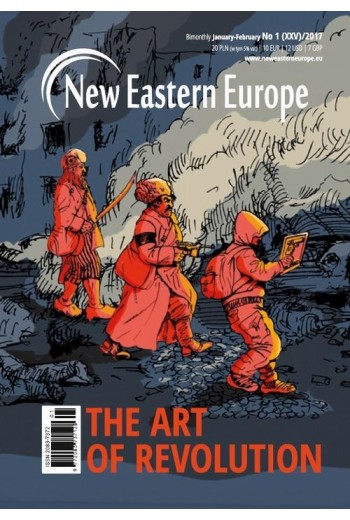- Nowy


Modal content..

AutorzyPraca zbiorowa
Rok wydania2017
Strony204
Językiangielski
Nr produktuA2C77DB8EP
ZabezpieczenieDL-ebwm
TematykaPolityka
AutorzyPraca zbiorowa
WydawnictwoKolegium Europy Wschodniej
Rok wydania2017

AutorzyPraca zbiorowa
Rok wydania2017
Strony204
Językiangielski
Nr produktuA2C77DB8EP